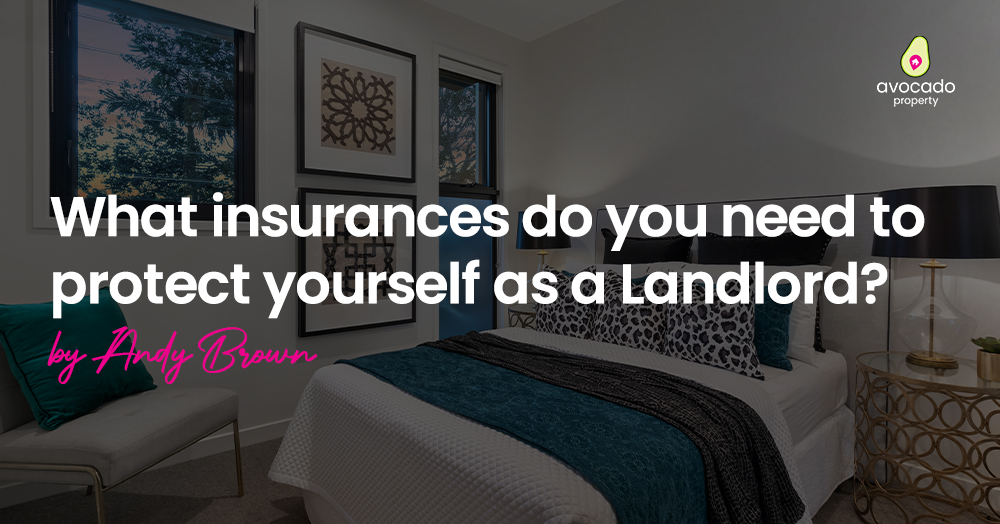
Insurances to protect yourself as a Landlord
As a landlord, protecting your investment and mitigating potential risks is crucial. Having the right insurance policies in place can provide peace of mind and financial security. In this blog, we'll explore the key insurances that landlords should consider when renting out a property.
1. Landlord Building Insurance:
Landlord building insurance is a fundamental insurance policy that covers the structure of your rental property. It protects against damage caused by events such as fire, storms, flooding, or vandalism. This insurance typically covers the cost of rebuilding or repairing the property and may also include liability coverage.
2. Landlord Contents Insurance:
While tenants are generally responsible for insuring their own possessions, landlord contents insurance covers any furniture, appliances, or other items you provide as part of the rental property. It safeguards your investment against loss or damage due to events like fire, theft, or water damage.
3. Landlord Liability Insurance:
Landlord liability insurance is essential to protect you from potential legal claims. It covers your liability if a tenant, visitor, or contractor is injured, or their property is damaged while on your rental property. This insurance can help cover legal expenses and compensation costs, providing financial protection in case of unforeseen incidents.
4. Rent Guarantee Insurance:
Rent guarantee insurance is designed to provide landlords with protection in case tenants are unable to pay the rent. It ensures you receive your rental income even if the tenant defaults or falls into arrears. This insurance typically covers a certain percentage of the rent for a specific period, offering financial security during unexpected circumstances.
5. Legal Expenses Insurance:
Legal expenses insurance covers the costs of legal disputes or eviction proceedings. It can be particularly useful if you encounter issues such as non-payment of rent, tenant disputes, or property damage that requires legal action. This insurance can help cover solicitor fees, court costs, and other legal expenses, saving you from significant financial burdens.
6. Emergency Assistance Insurance:
Emergency assistance insurance provides coverage for urgent repairs or call-out charges in case of unexpected emergencies. This could include issues such as a burst pipe, boiler breakdown, or electrical failure. Having this insurance can ensure timely repairs and limit disruption for both you and your tenants.
7. Specialist Landlord Insurance:
Depending on the nature of your rental property, you may need additional specialist insurance. For example, if you own a leasehold property, you might require leasehold insurance to cover specific liabilities related to the lease agreement. HMO (House in Multiple Occupation) insurance is necessary if you rent out a property with multiple tenants who are not part of the same family.
Having the right insurance policies in place is essential for protecting your investment and minimising risks as a landlord. Each insurance policy serves a specific purpose and provides coverage for various potential risks. By ensuring you have the appropriate insurances in place, you can safeguard your rental property, finances, and legal interests, allowing you to navigate the rental market with confidence.
If you want to discuss more on the above then give me a call on the below details.
I look forward to speaking to you soon.
All the best,
Tel: 07585 913564
Email: andy.b@avocadopropertyagents.co.uk